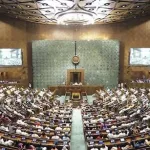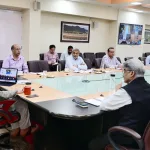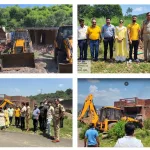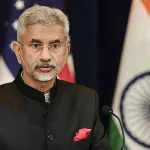As Rajpora constituency in South Kashmir’s Pulwama district gears up for elections on September 18, along with 23 other constituencies in Jammu and Kashmir, voters are beginning to crystallise their key electoral issues.
The primary concerns among the electorate include basic infrastructure development, sustainable use of natural resources, employment generation for the youth, and the protection of farmers’ interests.
Naseer Ahmad Shah, an educated young voter, from Wahibugh village voiced his dissatisfaction with the previous MLA’s performance.
Shah recalled how the former representative initially engaged with local residents during the campaign but later distanced himself from the community.
“Basic amenities like electricity, road blacktopping, and portable water are our fundamental rights,” Shah said.
“These should be provided by any administration, but a constituency representative has a broader role, which the previous MLA failed to fullfill.”
Shah emphasised the need for a representative who would genuinely advocate for the people’s concerns in the legislative assembly. “Unemployment among the youth is a significant challenge,” he said.
“I will vote for a candidate who has a clear vision for employment creation.” He also highlighted Rajpora’s wealth of natural resources, including sand, boulders, pebbles, and soil, which are currently being exploited by heavy machinery. This practice, according to Shah, has not only damaged local biodiversity but also affected irrigation.
“We need a ban on the use of heavy machinery for mineral extraction to protect the environment and create jobs for local labourers,” he said.
In a constituency where agriculture, particularly horticulture, is a primary livelihood, farmers’ concerns are central to the election. Waheed Ahmad, a resident of Drabgam village, expressed his disappointment with the previous MLA’s failure to implement ideas at the ground level.
Ahmad’s concerns extend beyond infrastructure, focusing on the exploitative practices faced by farmers.
“Farmers have been subjected to exploitative practices by firms supplying high-density plantation material,” Ahmad said.
He shared his experience of purchasing 250 high-density (HD) plants, 70 of which dried up. Despite paying in advance, the firm has not compensated him. yet for the perished plants.
“I will vote for a candidate who will protect farmers from such exploitation and advocate for their rights,” Ahmad said.
He also called for the implementation of a Minimum Support Price (MSP) for apples to help farmers cope with rising production costs. Ahmad also emphasised the need for action against the sale of spurious and substandard pesticides in the market.
Shahid Ahmad, a youth from Chakoora, expressed frustration over the neglect of his area by past MLAs.
He noted that while other parts of the constituency received attention, Chakoora was largely overlooked. For Ahmad, the languishing Lift Irrigation Scheme in Chakoora, approved in 2003 and initiated in 2009, is a significant election issue.
“This project has been in limbo for years,” he said. “We need a candidate who will ensure its completion.” Besides the irrigation scheme, Ahmad highlighted the stalled development of the New Type Primary Health Centre (NTPHC) and the Skill Development Centre in Chakoora as other critical issues. “These projects are vital for our community, and we need a representative who will prioritise them,” he added.
In the far-flung village of Sangerwani, Tufail Khan, a resident representing the Phari community, echoed the widespread dissatisfaction with the previous MLA.
“The promises made to us remain unfulfilled,” Khan said.
He emphasised the need for a candidate with a clear vision for the development of Sangerwani and its surrounding areas. Khan highlighted the untapped potential of Sangerwani for eco-tourism, given its lush green meadows, fresh water bodies, towering pine trees, and the traditional lifestyle of the Gujjar-Bakerwal community.
“Our area has tremendous scope for eco-tourism, which could bring economic benefits and employment opportunities,” Khan noted. He called for a representative who would champion the development of Sangerwani and protect the interests of its people.
Rajpora is one of four constituencies in South Kashmir’s Pulwama district, with approximately 109,543 registered voters spread across various villages.
Since its establishment in 1962, the constituency has been represented by the People’s Democratic Party (PDP) three times, while the National Conference (NC) and Indian National Congress (INC) have each represented it twice.
Voices from Rajpora: Voters demand solutions, not promises
Key issues: Infrastructure, youth employment, and farmer protections
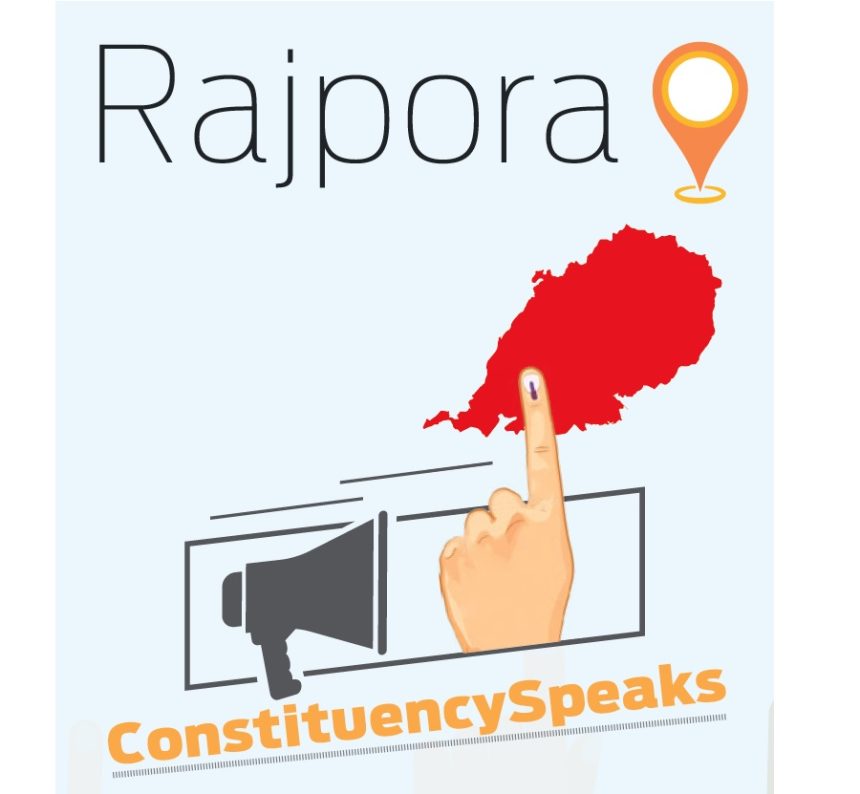
Leave a Comment Leave a Comment




